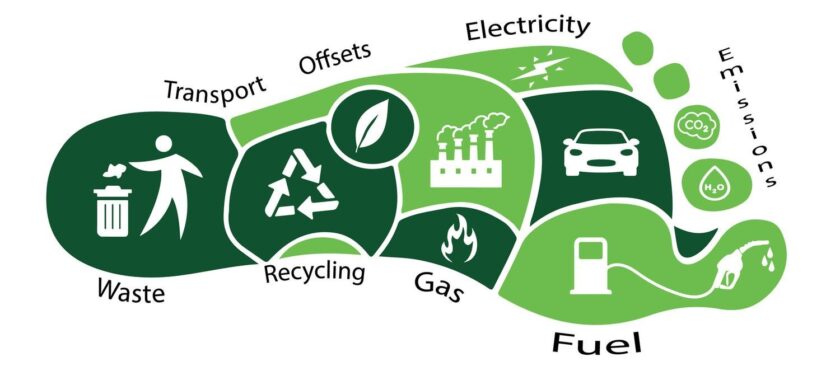In the dynamic world of motorsports, where speed and performance reign supreme, the environmental footprint often takes a back seat. However, as the global focus on sustainability intensifies, the racing industry is under increasing pressure to minimize its impact on the environment, particularly concerning the use of racing fuel. Revving up for change, stakeholders are exploring innovative strategies to mitigate the environmental consequences associated with high-octane racing fuels.
One pioneering approach gaining traction is the adoption of sustainable fuel alternatives. Traditional racing fuels, derived from fossil fuels, contribute significantly to greenhouse gas emissions and air pollution. To counteract this, biofuels and synthetic blends are emerging as viable substitutes. Biofuels, produced from organic matter like crops or algae, offer a renewable energy source that can significantly reduce carbon emissions. Synthetic blends, synthesized from non-petroleum sources, offer similar performance while minimizing environmental harm. Embracing these alternatives not only reduces the carbon footprint of racing but also fosters the development of eco-friendly technologies applicable beyond the racetrack.
Another strategy involves optimizing engine efficiency to maximize fuel economy. Fine-tuning engine parameters, such as ignition timing and air-fuel ratios, can enhance performance while minimizing fuel consumption. Additionally, advancements in engine design, including hybrid and electric propulsion systems, offer promising avenues for reducing reliance on conventional racing fuels altogether. By embracing innovation and embracing cleaner technologies, racing teams can lead the charge toward a more sustainable future.
Furthermore, the racing community can implement fuel management practices to minimize waste and maximize efficiency. This includes rigorous monitoring of fuel consumption during races, strategic pit stop planning, and the utilization of fuel-saving techniques during on-track maneuvers. Additionally, investing in research and development aimed at optimizing fuel formulations and combustion processes can yield significant improvements in both performance and environmental impact.
Education and awareness also play a crucial role in driving change within the racing industry. By promoting sustainability initiatives and highlighting the environmental consequences of traditional racing fuels, stakeholders can inspire action and foster a culture of responsibility. Engaging fans, sponsors, and industry partners in conversations about sustainable practices can amplify the impact of these efforts and catalyze broader change.
In pursuit of sustainability, partnerships between the racing industry and innovative companies are paramount. One such collaboration making waves is the partnership between racing teams and companies like BOOSTane. BOOSTane offers high-performance fuel additives engineered to maximize engine performance while minimizing emissions. By harnessing the power of additives like BOOSTane, racing teams can achieve peak performance while reducing their environmental footprint.
As the global landscape continues to evolve, the imperative for sustainable practices in motorsports becomes increasingly apparent. By embracing alternative fuels, optimizing engine efficiency, implementing fuel management strategies, and fostering education and partnerships, the racing industry can drive meaningful change and pave the way toward a greener future.
In conclusion, revving up for change requires a multifaceted approach that prioritizes sustainability without compromising performance. By implementing strategies to minimize the environmental footprint of racing fuel, the motorsports community can accelerate progress toward a more eco-friendly future, both on and off the track.
